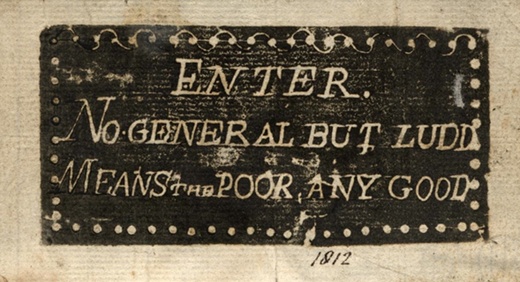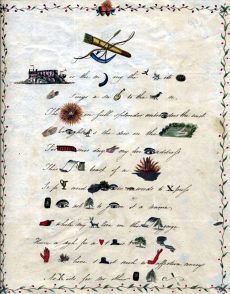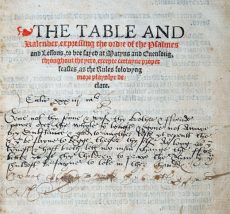- About
- Visiting
- What’s On
- Venue hire
- Catalogues
- Collections
- Belle Vue – search archives catalogue
- Digital Resources
- Art Treasures Examiner of 1857
- Manchester Association for Constitutional Order
- The North Western Museum of Science and Industry: Some Reminiscences by Richard Hills
- Criminal Manchester
- The Cup of Destiny
- Athenaeum Souvenir
- Middle English Manuscripts
- Manchester and Liverpool of Today
- Hollingworth’s Mancuniensis
- Memoir of Cecil Wray
- William Seward’s Diary
- The Anti-Monopolist
- Fishwick’s History of Rochdale
- Knyvett’s Defence of this Realm
- Tractatus de Nigromantia
- Axon Ballads
- Prints and Photographs
- 101 Treasures of Chetham’s
- Printed Books & Ephemera
- Archives & Manuscripts
- Blog
- Support us
Luddite Ticket
From the Hay Scrapbook

The early years of the nineteenth century saw rapid changes in working practice as the industrial revolution moved on apace. The Luddite movement expressed anger at the mechanisation of traditional working practices, and protested against industrialisation by attempting to destroy the machinery that resulted in the loss of skilled labour and led to mass unemployment.
The Luddites were named after General Ned Ludd, a possibly mythical figure said to live in Sherwood Forest. Their meetings were held in secret, and drill practice often took place at night on the moors surrounding the textile mill towns in which they worked. They attracted strong local support and were often protected by the communities to which they belonged.
The main wave of Luddite activity took place between 1811 and 1813 and reached a peak in the Yorkshire and Lancashire mill towns in 1812, exactly two hundred years ago.
This simple stamped ticket with its message showing support for General Ludd would have allowed entrance to one of the local meetings. It forms part of the scrapbook collections of William Robert Hay (1761-1839), one of the magistrates responsible for reading the Riot Act at Peterloo, who was an avid collector of political ephemera, poetry, satire and other printed material.


